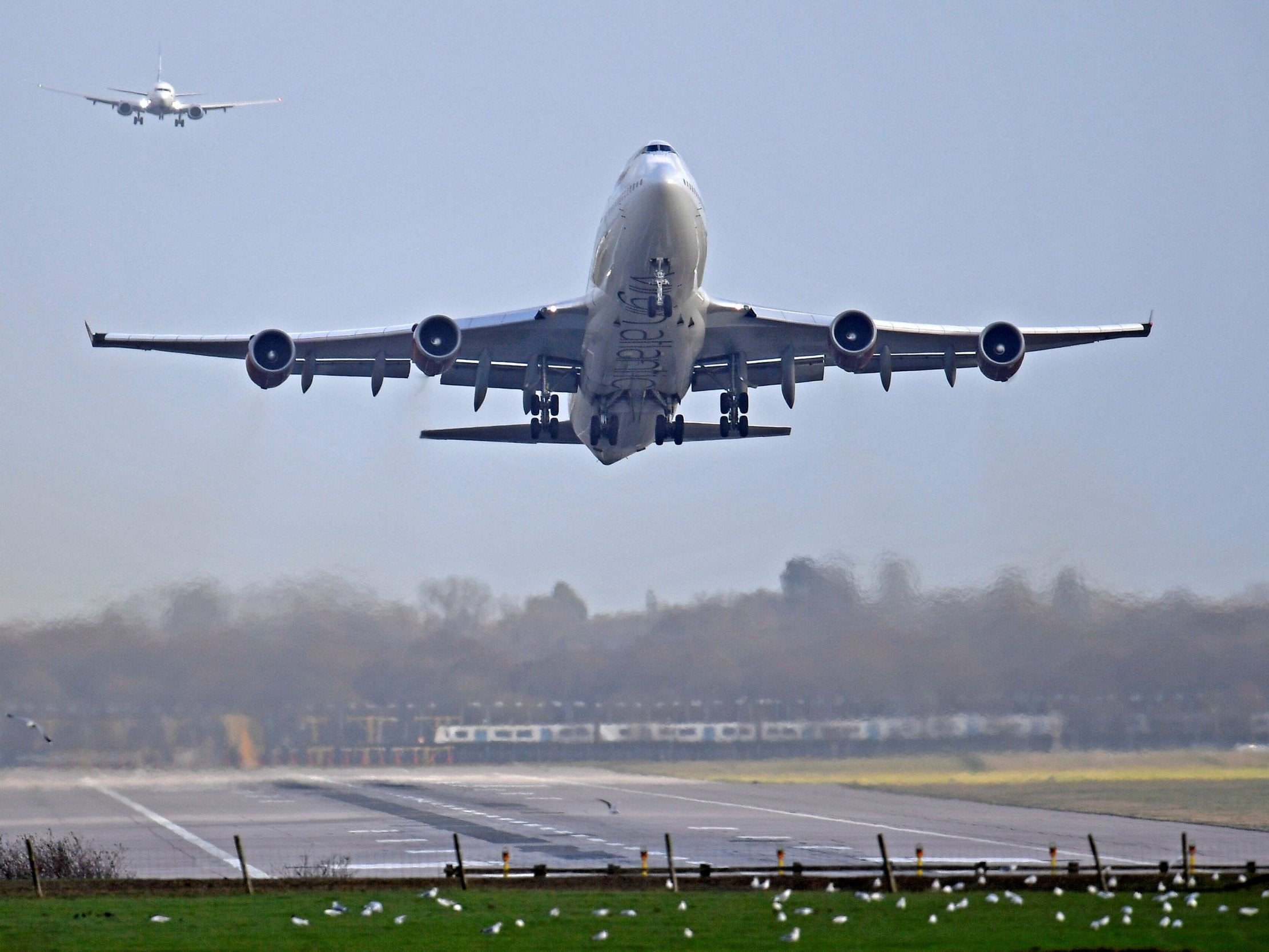The Independent's journalism is supported by our readers. When you purchase through links on our site, we may earn commission.
Mea Culpa: here be dragons in unexplored lands
Questions of style and usage in this week’s Independent


In her interview with Andrew Marr on Sunday, the prime minister said that if she loses the vote on the Brexit deal next week, “we’re going to be in uncharted territory”. Tragically, this was rendered by the BBC transcript as “unchartered territory”, which is a common mistake.
Uncharted territory is land that has not been mapped. It is a fancy way of saying that we would be in the realm of the unknown, or, as Theresa May went on to say, “I don’t think anybody can say exactly what will happen in terms of the reaction we’ll see in parliament.”
An unchartered territory, on the other hand, would be, if it means anything at all, land which has not been given a charter – a written grant by a sovereign.
We mostly got it right this week, but we did say, in an article about the Russian secret services, “2019 is unchartered territory”, and in a sports report that, for some well known rugby union teams, relegation “would be unchartered territory”.
Faraway land: We reported this week on “passengers hoping for a quick flight to Greece” who found themselves “24 hours late and three countries away”. They landed in Timisoara in Romania, but Romania is the other side of Bulgaria from Greece, so I make that two countries away. You don’t count the country you start in because then if you landed in Greece you would be one country away from your intended destination.
Not asleep: Going back to New Year’s Eve, we had an article that declared: “One thing’s for certain come 2019: it’s going to be one woke year.” A reader asked: “Does anyone other than the author know what it means?” I had to enlighten him: the answer is yes. Indeed, “woke” is an informal usage, originally American, meaning alert to injustice, especially racism, that is used so often in the British and US media that I am considering putting it on the Banned List of cliches.
How many rolls? Another correspondent questioned our Italian plurals. In an item called “Your Toast” we suggested that the reader might be “pining for a panini” and later that a device would be “perfect for paninis”. I share our correspondent’s discomfort, but if you want to feel really uncomfortable try asking for a “panino” in a British cafe.
If I had to issue a ruling, I would say that panini is now an English word. We don’t put it in italics, after all. Most people use it as a singular word, so that is what it is. But when I’m in a cafe I say: “Could I have one of those, please – tomato and mozzarella.”
Join our commenting forum
Join thought-provoking conversations, follow other Independent readers and see their replies
Comments
Bookmark popover
Removed from bookmarks